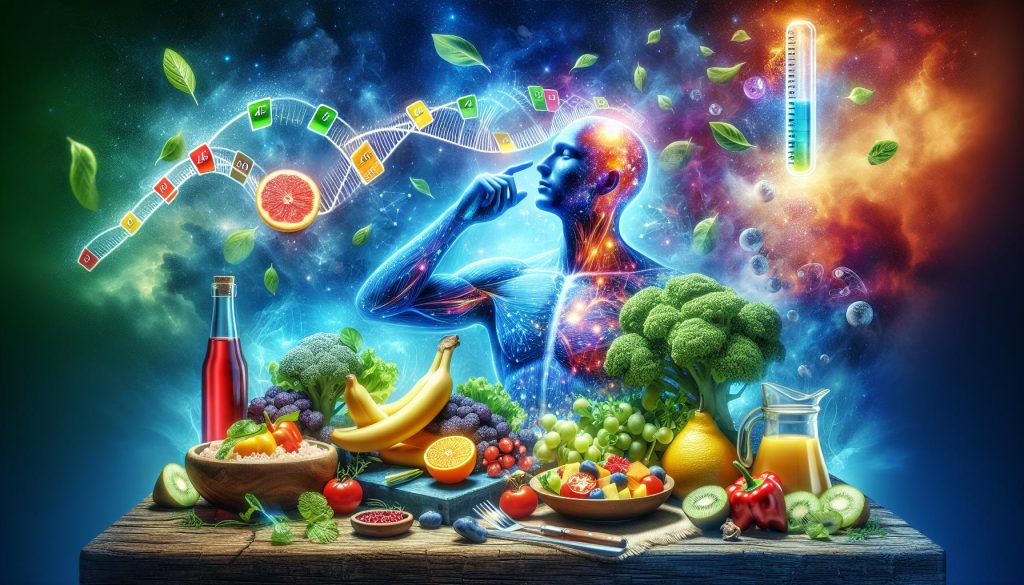
An Energizing Exploration: Powering Up with Low-Carb Diets
You might be wondering: How can you get enough energy on a low-carb diet? Don’t carbs translate into energy for our bodies? Indeed, they do. However, it’s not the only source – fat, too, can be converted into energy. Adapting your body to utilize it may hold the answer to your energy struggles. In this article, we dive deep into the world of carbohydrate cutbacks, showing how low-carb diets don’t necessarily mean low energy levels. Instead, a properly managed low-carb diet can potentially enhance energy, bumping up that pep in your step without seeing you topple over the dreaded sugar crash zone.
First Steps: Understanding Carbs and Energy
When you consume carbohydrates, your body transforms them into glucose, your body’s primary fuel source. But don’t be fooled by the simplicity of this process, there’s a method to the madness. By reducing carb intake and increasing protein and healthy fats, your body shifts gears, going from burning glucose to burning fat. This new, exciting mode of action is known as ketosis, and it’s the cornerstone of energy production in low-carb diets like the renowned Ketogenic diet.
Getting to Know Ketosis
Ketosis, quite the tongue twister, isn’t as alien as it sounds. It’s simply a mechanism your body uses to turn fat into ketones, a form of energy your cells can use. Think of it as your body’s Plan B for energy production, a fallback when carbs are nowhere to be found.
Key Considerations: How to Boost Energy on a Low-Carb Diet
Successfully navigating a low-carb diet and maintaining high energy levels requires a combination of strategies. Sometimes, it’s not about subtracting carbs, but rather adding in a variety of other power-packed nutrients and practices.
Protein Power-Up
Protein is your best bud on any low-carb diet. Not only does it keep you feeling full for longer but also aids in maintaining muscle mass and boosting metabolism. Foods like lean meat, fish, eggs, and dairy products are excellent protein powerhouses.
Staying Hydrated and Eating Enough
Staying well-hydrated helps maximize physical performance. It aids digestion, sensible nutrient distribution, and can even curb your hunger, curbing those pesky cravings! Ensuring you eat enough, moreover, guarantees your body has enough fuel to convert into energy.
Power Foods & Exercise
Supercharge your energy levels with power foods such as nuts, seeds, avocados, and dark chocolate. Packed with healthy fats and antioxidants, they deliver a steady stream of energy. Incorporate exercises into your routine to help your body efficiently burn fat for fuel and thereby sustaining energy levels.
Conclusion: The Low-Carb, High Energy Verdict
Escaping the energy slump on a low-carb diet isn’t as complex as it seems. With proper planning, nourishing alternatives, and the power of fat-burning ketosis, energy levels can indeed thrive. At the end of the day, it’s about finding the perfect balance that works for you and your body’s needs.
Frequently Asked Questions
1. What can I eat on a low-carb diet to boost energy?
Go for high protein, high fat, and low-carb foods. These include lean meats, fish, eggs, nuts, seeds, avocados, and dairy products.
2. Does a low carb diet make you feel tired?
You might feel slightly tired initially as your body adjusts to burning fat for energy instead of carbs, but this feeling typically subsides.
3. How long does it take for your body to adjust to a low carb diet?
It varies from person to person, but generally, it takes 2-7 days for your body to enter ketosis.
4. Is it normal to feel weak on a low-carb diet?
Feeling weak is a sign that your body is adjusting to the new diet. Keeping hydrated, eating enough protein and healthy fats, and adding salt to your diet can help curb this.
5. Can I exercise on a low-carb diet?
Absolutely! Exercise can boost your energy levels and help your body become efficient at burning fat for fuel.



